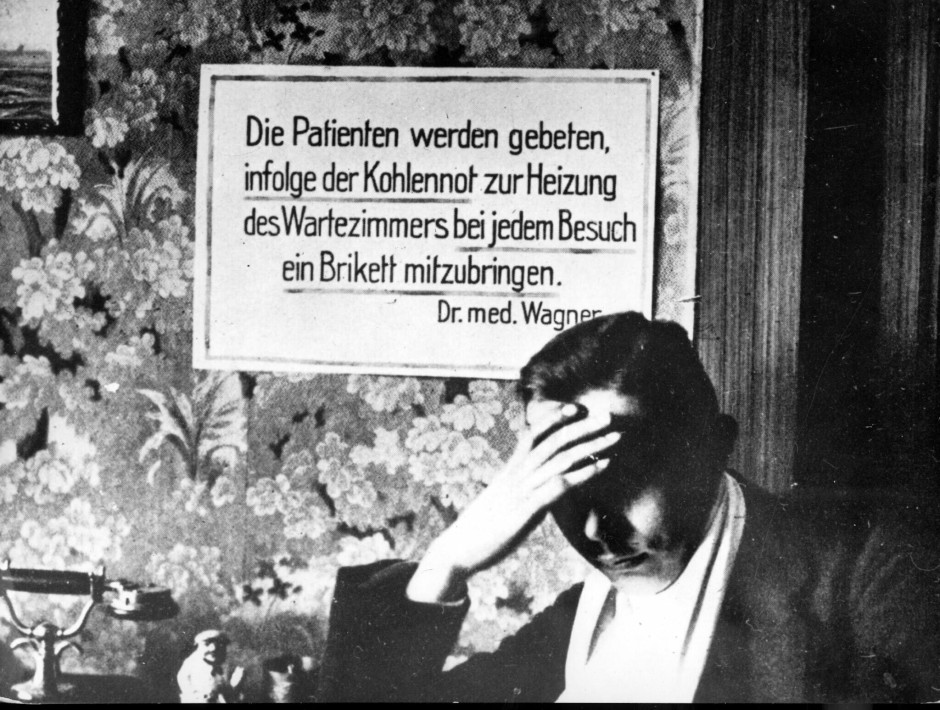
Dhe impending danger that the state of health of the German people, which has been difficult to maintain, will collapse due to the economic catastrophe of the last few months, prompted the medical profession throughout Germany, the medical faculties and medical organizations to hold an impressive rally this afternoon in the new auditorium of the Berlin University took place, through appointed representatives, to raise their warning voice and to present a clear picture of the German plight at home and abroad. In addition to numerous doctors, representatives of the authorities of the Reich, the federal states and the municipalities as well as parliamentarians and trade union leaders had gathered.
As the first speaker, Professor W. His from the University of Berlin dealt with the decline in the standard of living of the German people. On the basis of comprehensive figures, he sketched a frightening picture of our current food situation, which, given the poor purchasing power of the mark, could hardly be improved by importing from abroad. After scarcely two years of noticeable recovery, the gray specter of hunger reappears, which, as a deliberate murderer, does not kill with one blow, but with slow-acting poison.
Cleanliness has gone down significantly
Not all sections of the population are equally addicted to it: the primary agricultural producers and certain heavy workers still live under adequate conditions, but other workers, the middle class, the intelligentsia and the social and small pensioners are threatened in the most serious way. Above all, this applies to young people, not only in the big cities, but far into the rural districts. Anemia, exhaustion and rickets became more and more severe; occasionally bone diseases, corneal ulcers and even the dreaded starvation edema reappeared; The scrofula in particular has increased again quite frighteningly. Cleanliness has declined sharply after soap, bed linen and underwear have become a luxury. All kinds of skin diseases and increasing lice infestation were reported from the schools. One can only think of the next time with horror.
The difficulties of living, moreover, affect the public health system even more than the individual. The large hospitals only survived with difficulty; the closure of several larger hospitals has already been seriously considered. A sixth of all baby homes and half of all crèches in Germany are already closed. An effective fight against tuberculosis is impossible in view of the housing shortage and the unaffordable costs of the sanatorium; disease control is also threatened. The entire social security system threatened to lose its value and with it the most important cultural and social advances of the last decades were in jeopardy. “We expect the government of the Reich and the countries to do what is in their power. We demand that they come to the doctors’ aid in their fight against the consequences of misery. But we also want to let other countries know how things are with us beyond the borders!”









